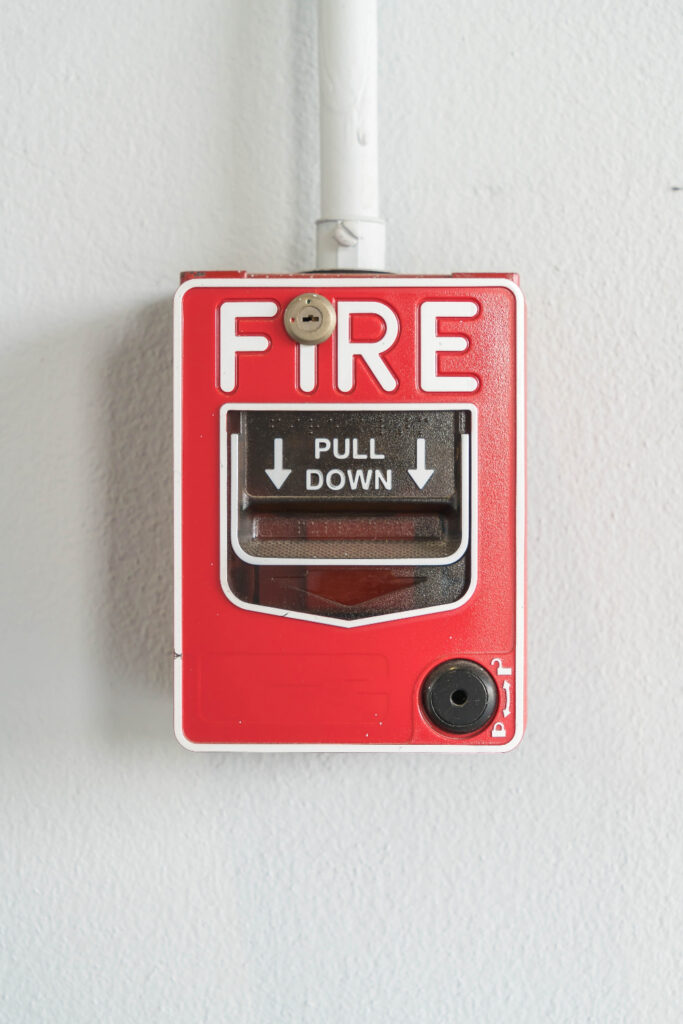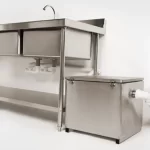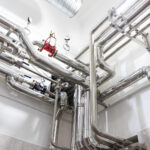Fire safety is a paramount concern for business owners across Texas, where the unpredictable nature of emergencies demands proactive measures. As a building owner, ensuring the safety of your commercial property and its occupants is a top priority. In this article, we will delve into the importance of installing reliable fire protection systems and explore practical steps to safeguard your investment and the well-being of those within your premises.
Table of Contents
Understanding the Risks
Fire Incidents in Texas: A Real and Present Threat
Texas, with its diverse business landscape, faces a constant risk of fire incidents that can result in devastating consequences. From restaurants and retail stores to office complexes and manufacturing units, no business is immune to the potential dangers of fire outbreaks. Understanding the risks associated with your specific industry and location is the first step in formulating a comprehensive fire protection strategy.
Financial Implications of Fire Damage
Beyond the obvious threat to human life, fire incidents can wreak havoc on your business’s financial stability. The cost of property damage, loss of assets, and potential legal ramifications can be crippling. Investing in reliable fire protection systems is not just a legal obligation but a strategic move to mitigate these financial risks and ensure the continuity of your business operations.
Legal Compliance and Building Codes
Texas Fire Code Compliance: A Non-Negotiable Aspect
Adhering to the Texas Fire Code is not just a legal requirement but a fundamental obligation for every building owner. The code stipulates specific guidelines and standards for fire protection systems, ensuring a uniform and comprehensive approach to safety. Failure to comply with these regulations can lead to fines, legal complications, and, more importantly, increased vulnerability to fire incidents.
Upgrading Existing Systems to Meet Current Standards
If your commercial building has been standing for a considerable time, it is crucial to evaluate the existing fire protection systems. Upgrading to meet current standards not only ensures legal compliance but also enhances the overall safety of your property. This proactive approach demonstrates your commitment to the well-being of your occupants and minimizes the risk of fire-related incidents.
The Core Components of Reliable Fire Protection Systems
Automatic Sprinkler Systems: A First Line of Defense
One of the most effective and widely recognized fire protection systems is the automatic sprinkler system. These systems are designed to detect and control fires in their early stages, preventing widespread damage. The installation of automatic sprinklers not only buys valuable time for evacuation but also significantly reduces property damage.
Fire Alarm Systems: Early Warning for Swift Response
A reliable fire alarm system is indispensable for any commercial building. Early detection of smoke or fire allows for a swift response, minimizing the potential harm to occupants and property. Regular testing and maintenance of fire alarm systems are essential to ensure their functionality during a crisis.
Emergency Exit and Lighting Systems: Ensuring Safe Evacuation
In the event of a fire, a well-designed emergency exit and lighting system can make a significant difference. Clearly marked exits and well-lit escape routes contribute to a calm and orderly evacuation, reducing the risk of injuries. Regular drills and training sessions for occupants ensure that everyone is familiar with the evacuation procedures.

Selecting the Right Professionals for Installation
Qualified Fire Protection Contractors: A Prerequisite
Installing reliable fire protection systems requires the expertise of qualified professionals. When selecting contractors for the job, it is crucial to verify their credentials, experience, and adherence to industry standards. A reputable contractor will not only ensure the proper installation of systems but also provide ongoing maintenance to keep them in optimal condition.
Consulting with Fire Protection Engineers: Tailoring Solutions to Your Building
Engaging the services of fire protection engineers adds a layer of expertise to your safety strategy. These professionals assess the specific needs and vulnerabilities of your commercial building, tailoring solutions to address them effectively. From system design to implementation, their involvement ensures a customized approach that aligns with the unique characteristics of your property.
Maintenance and Regular Inspections
Routine Checks: The Lifeline of Fire Protection Systems
Once installed, fire protection systems require regular maintenance and inspections to guarantee their functionality. Routine checks of sprinkler heads, alarm systems, and emergency lighting are essential to identify and address any issues promptly. Neglecting maintenance not only compromises the effectiveness of these systems but also puts your building at an increased risk.
Conducting Fire Drills: Preparedness in Action
Regular fire drills are a practical way to test the effectiveness of your fire protection systems and ensure that occupants are familiar with evacuation procedures. These drills simulate real-life scenarios, allowing for the identification of potential bottlenecks or shortcomings in the evacuation plan. Conducting these drills periodically reinforces a culture of safety within your commercial building.
Conclusion
In conclusion, installing reliable fire protection systems in your commercial building is not just a legal requirement but a strategic investment in the safety and longevity of your business. Understanding the risks, complying with building codes, and selecting the right systems and professionals are pivotal steps in creating a comprehensive fire protection strategy. Regular maintenance and drills further reinforce the effectiveness of these systems, ensuring that your property and its occupants are well-prepared to face the unexpected. As a responsible building owner in Texas, prioritizing fire safety is not just a choice – it’s a necessity that safeguards both your investment and the lives of those who inhabit your commercial space.




